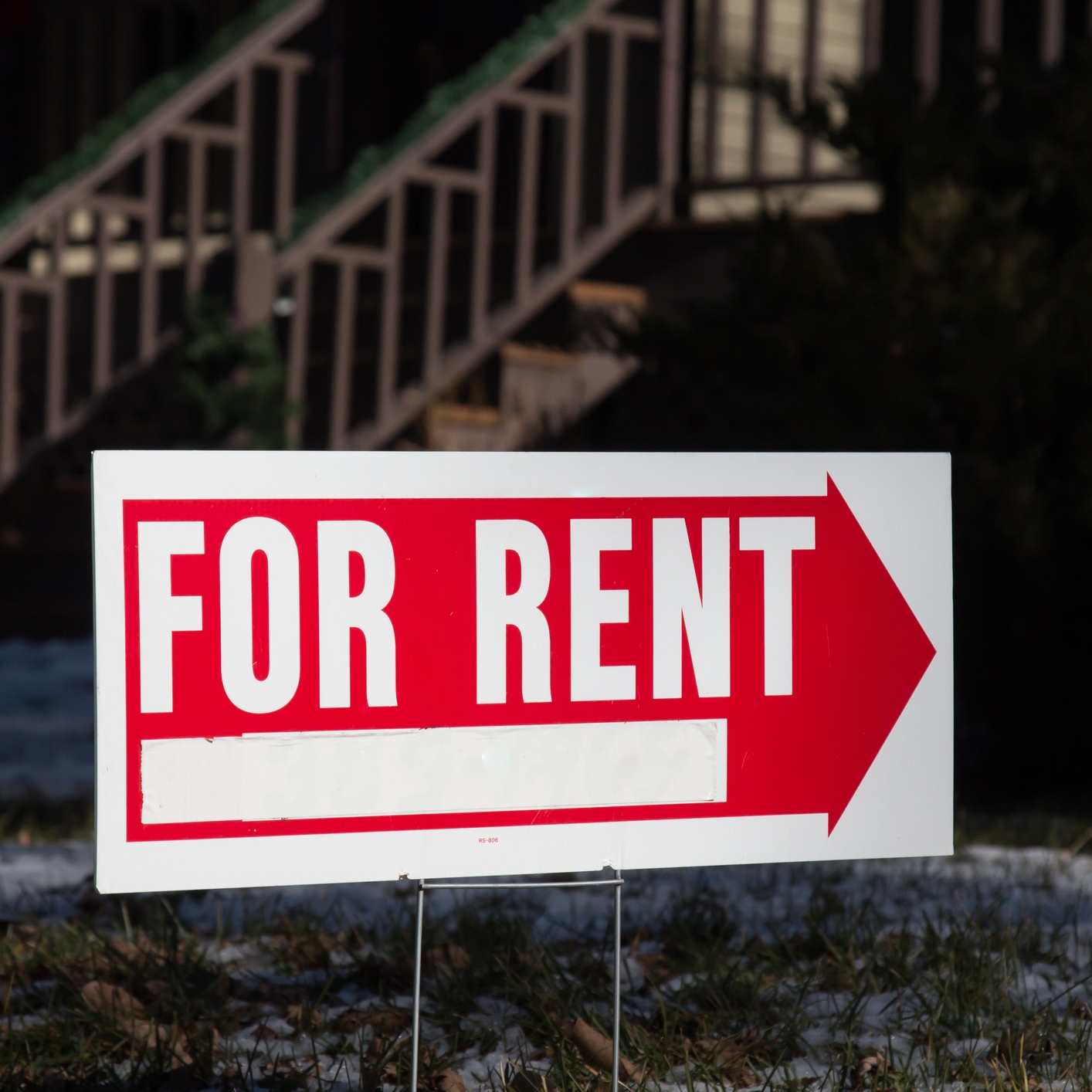Housing
If You Live in Detroit or Miami, You Probably Can't Afford the Rent

Published:
Last Updated:

The right amount of your gross income to spend on housing is arguable. A generally accepted rule of thumb is that rent or mortgage costs shouldn’t exceed 30% of the household’s gross income. Add in a few percentage points for utilities and you wind up with a total of no more than 35% for renters, and maybe a bit higher for homeowners who also have to pay property tax and insurance.
It’s not difficult to pay more than 30% for rent in most of the country’s 100 biggest cities. In fact, in more than two-thirds of U.S. cities the median rent runs between 30.0% and 49.9% of that city’s median income of renter-occupied housing, according to a new survey by researchers at RENTCafé, a national apartment search website.
In Boston, for example, the median renter-occupied household income is $41, 622. But in order to reach 30% of the city’s median income spent on rent, a renter’s income would have to nearly triple to $120,200. The median November rent for a two-bedroom apartment in Boston was $3,200.
According to RENTCafé, the 10 U.S. cities where the rent burden (rent as a percentage of gross income) is greatest are:
In some cities, no matter how expensive, incomes are high enough to leave renters with plenty to spare. In San Francisco, for example, the median annual gross rent is $19,908, according to RENTCafé, but that still leaves $52,520 in your pocket if you earn a median annual San Francisco income.
In Detroit, however, if you pay the $8,964 median annual rent, you’re left with just $9,562 in your pocket if you earn the median annual income.
The RENTCafé website includes interactive charts and a calculator to help you figure out where you stand in the rent-to-income league tables. It also includes the methodology employed to collect and interpret the data.
Want retirement to come a few years earlier than you’d planned? Or are you ready to retire now, but want an extra set of eyes on your finances?
Now you can speak with up to 3 financial experts in your area for FREE. By simply clicking here you can begin to match with financial professionals who can help you build your plan to retire early. And the best part? The first conversation with them is free.
Click here to match with up to 3 financial pros who would be excited to help you make financial decisions.
Thank you for reading! Have some feedback for us?
Contact the 24/7 Wall St. editorial team.